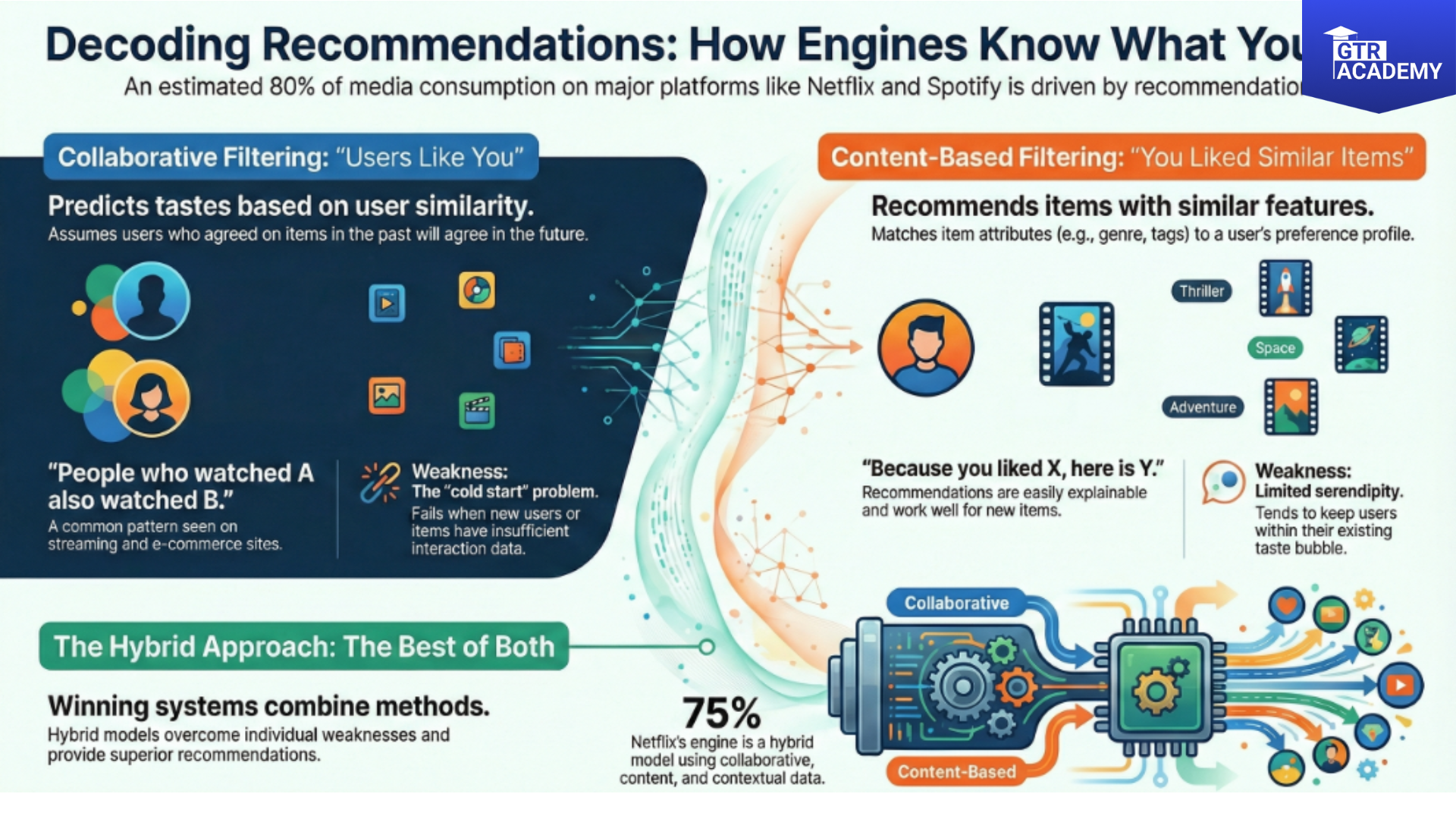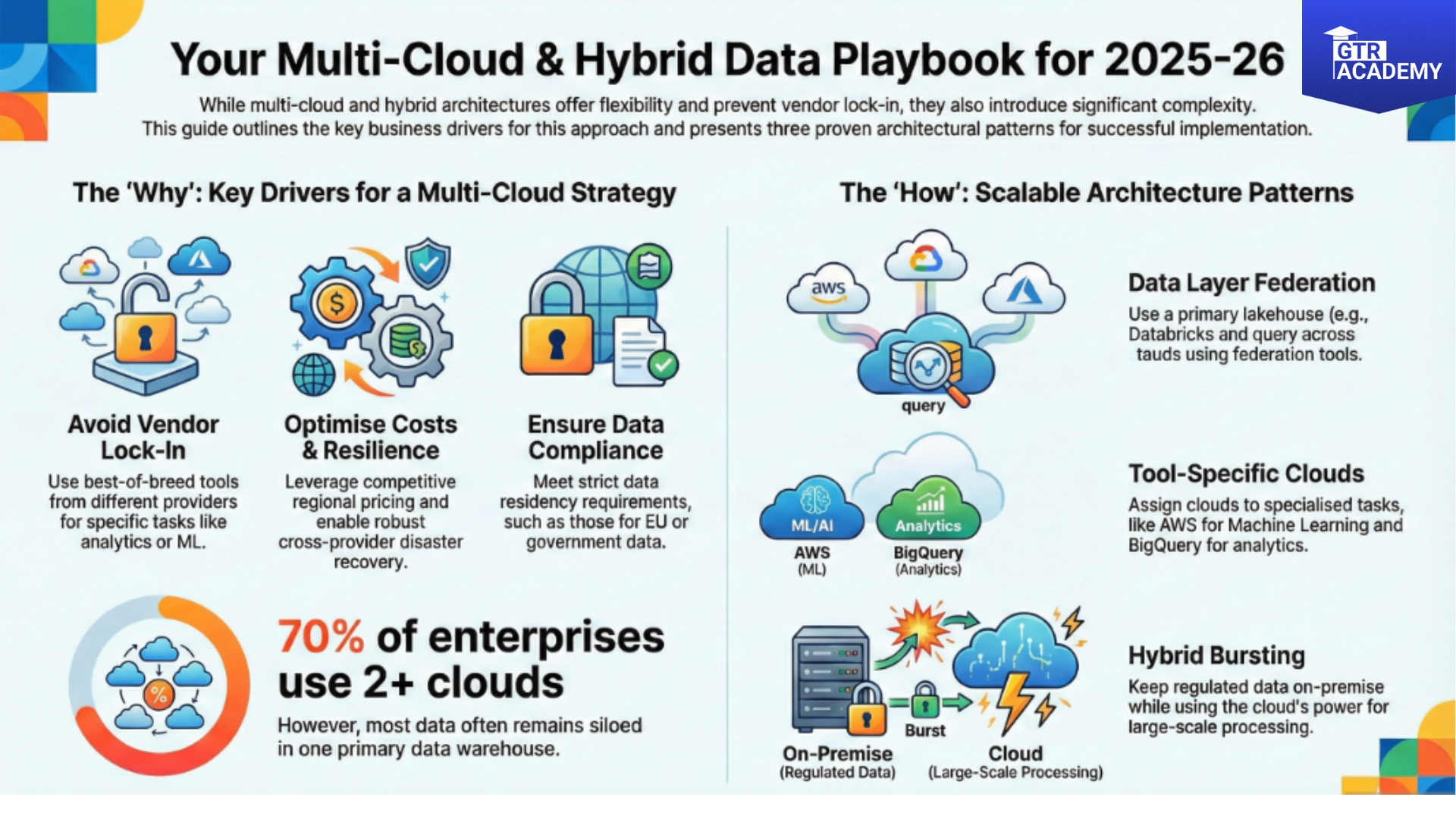SAP Supply Chain Management (SCM) & SAP Ariba: Transforming Modern Supply Chains
Introduction: The Digital Supply Chain Revolution
In today’s hyper-connected global economy, SAP Supply Chain Management (SCM) and SAP Ariba have emerged as industry-leading solutions for building agile, resilient, and intelligent supply chains. This paper explores how these integrated platforms enable organizations to optimize end-to-end supply chain operations—from strategic planning to procurement execution—while driving cost efficiency, sustainability, and competitive advantage.
Core Capabilities of SAP SCM
1. Advanced Planning & Optimization
-
Demand Planning: AI-powered forecasting with market sensing
-
Supply Network Planning: Multi-echelon inventory optimization
-
Production Scheduling: Finite capacity planning with real-time adjustments
2. End-to-End Visibility
-
Real-time tracking of inventory, orders, and shipments
-
Digital control towers for exception management
-
Risk analytics for disruption prediction and mitigation
3. Logistics Execution
-
Transportation Management (TM): Route optimization and carrier selection
-
Warehouse Management (WM): Automated inventory handling
-
Yard Logistics: Dock scheduling and asset tracking
SAP Ariba: The Intelligent Procurement Platform
1. Source-to-Pay Automation
-
Supplier Discovery: AI-driven vendor identification
-
e-Auctions & Bidding: Dynamic sourcing events
-
Contract Lifecycle Management: Digital negotiations and compliance
2. Supplier Collaboration
-
Supplier Portals: Real-time PO and invoice tracking
-
Collaborative Forecasting: Joint demand planning
-
Performance Analytics: Score carding and risk monitoring
3. Sustainable Procurement
-
Carbon Footprint Tracking: Scope 3 emissions monitoring
-
Ethical Sourcing: Supplier sustainability assessments
-
Circular Economy Tools: Materials reuse tracking
Strategic Benefits of Integration
| Business Impact | SAP SCM Contribution | SAP Ariba Contribution |
|---|---|---|
| Cost Reduction | Optimized inventory levels | Strategic sourcing savings |
| Risk Mitigation | Supply chain control towers | Supplier risk analytics |
| Agility | Demand-shift responsiveness | Rapid supplier onboarding |
| Sustainability | Green logistics planning | Ethical procurement |
Implementation Roadmap & Best Practices
Key Success Factors
-
Unified Data Foundation: Master data harmonization
-
Process Reengineering: Eliminating legacy silos
-
Change Management: Stakeholder adoption programs
Adoption Challenges
-
Integration Complexity: Connecting ERP/legacy systems
-
Supplier Enablement: Onboarding ecosystem partners
-
Skill Gaps: Upskilling for advanced analytics
Future Trends in Digital Supply Chains
1. Cognitive Supply Networks
-
AI-Powered Autonomous Planning
-
Predictive Risk Intelligence
-
Self-Healing Supply Chains
2. Hyperautomation
-
Blockchain for Provenance Tracking
-
IoT-Enabled Smart Contracts
-
Robotic Process Automation (RPA)
3. Sustainable Value Chains
-
Carbon-Neutral Logistics Planning
-
Circular Supply Chain Models
-
ESG Performance Benchmarking
Conclusion: Building the Supply Chain of Tomorrow
The powerful synergy between SAP SCM and SAP Ariba enables organizations to:
✅ Achieve end-to-end supply chain digitization
✅ Balance efficiency with resilience
✅ Meet sustainability commitments
✅ Drive data-driven decision making
As supply chains face unprecedented volatility, these SAP solutions provide the technological foundation for:
-
Predictive rather than reactive operations
-
Collaborative rather than transactional supplier relationships
-
Sustainable rather than purely cost-focused networks







